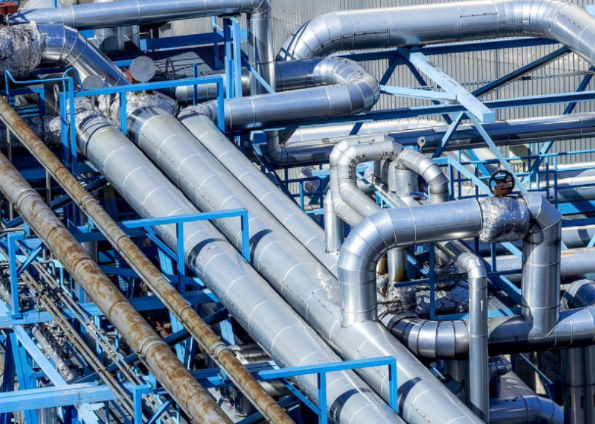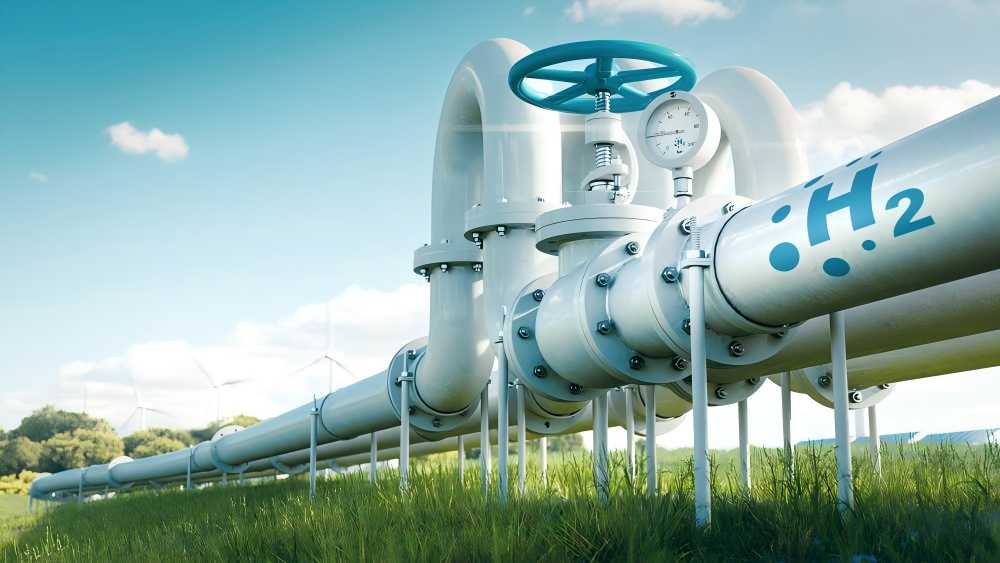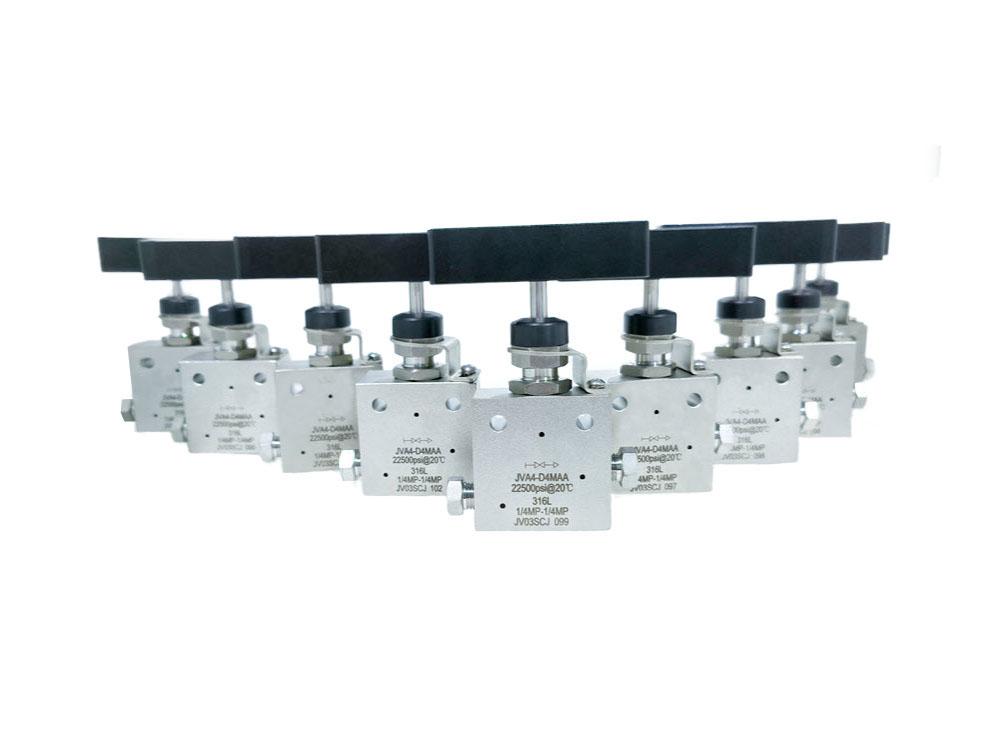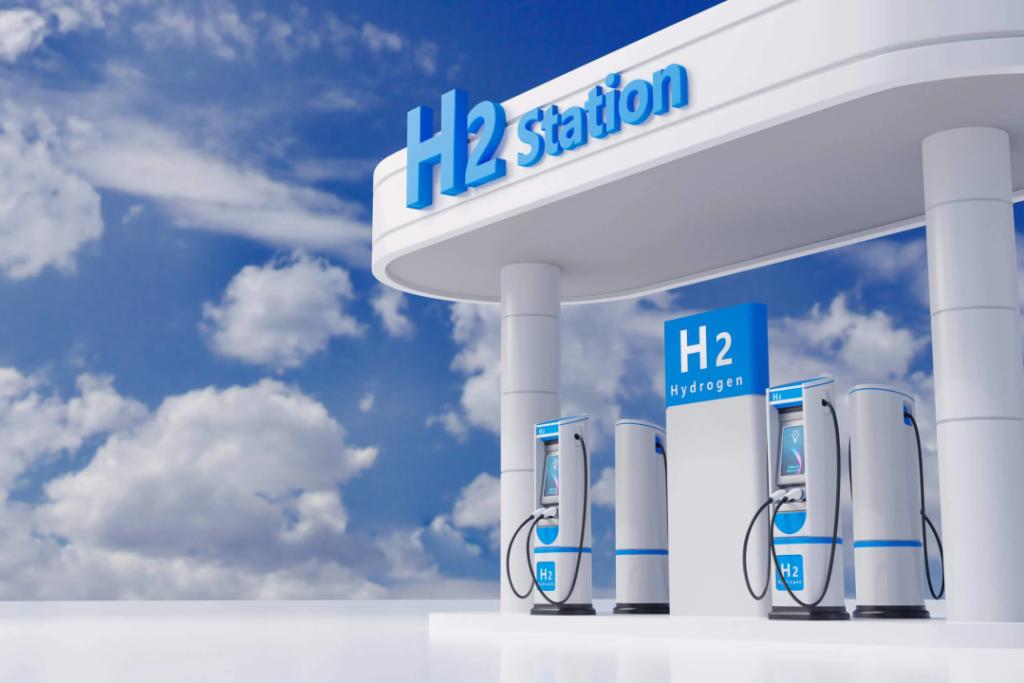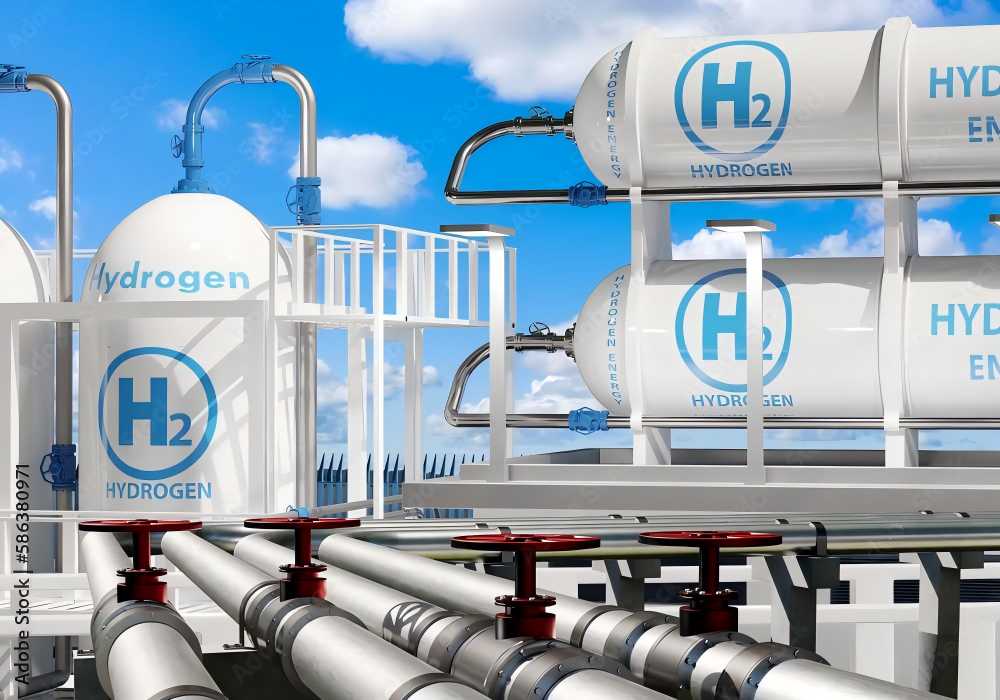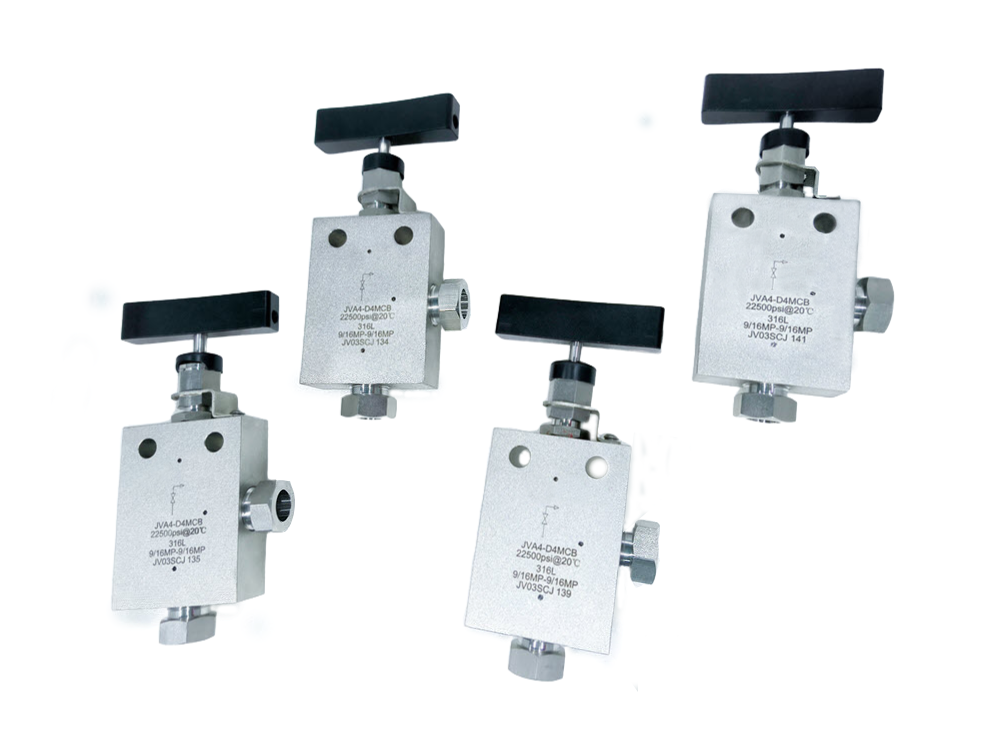How Hydrogen Solutions Safeguard Clean Energy
Wingoil, a well-established company, boasts a proven track record in designing and manufacturing high-pressure equipment for diverse industries. Traditionally strong in the oil and gas sector, they have strategically diversified in recent years, placing a strong emphasis on the burgeoning clean energy market. This article delves into Wingoil’s dedication to clean energy solutions, with a specific focus on its offerings tailored to the hydrogen industry.
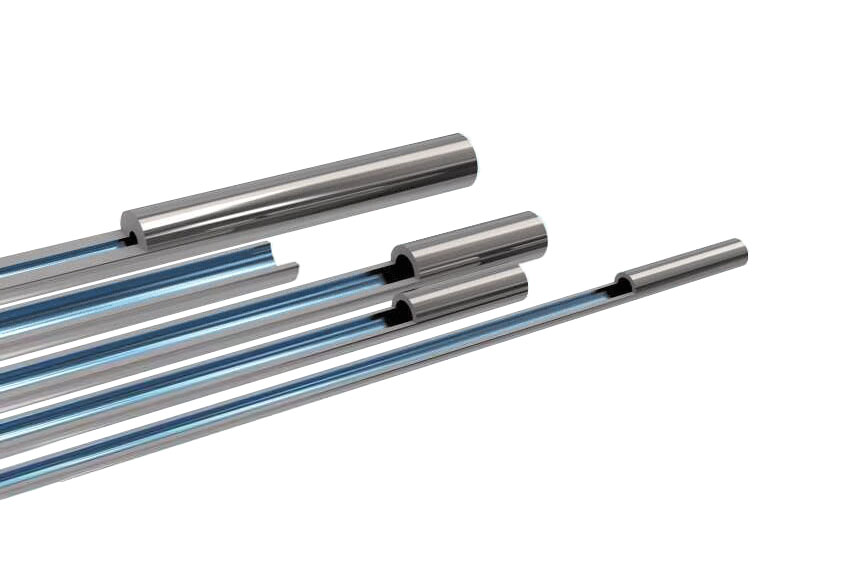
The world is witnessing a dramatic shift towards cleaner energy sources to combat climate change and secure a sustainable future. Hydrogen, a clean-burning gas, has emerged as a compelling alternative to fossil fuels. As hydrogen produces only water vapor as a byproduct, it eliminates harmful greenhouse gas emissions. Recognizing the potential of hydrogen, Wingoil has actively developed a comprehensive suite of solutions to support this clean energy source.
Understanding Wingoil’s Hydrogen Solutions
Wingoil offers a diverse range of products and services specifically designed to cater to the unique needs of the hydrogen industry. Here’s a closer look at some of their key offerings:
- Hydrogen Pipeline Solutions: Safe and efficient transportation of hydrogen gas is critical for its widespread adoption. Wingoil provides high-pressure hydrogen pipeline solutions that adhere to the most stringent safety regulations. Their offerings likely encompass a range of pipes, valves, and fittings specifically engineered to withstand the unique properties of hydrogen gas.
- Pressure Testing Equipment: Ensuring the integrity of hydrogen pipelines and equipment is paramount. Wingoil offers pressure testing equipment to verify that these components can handle the required pressure levels without failure. This equipment plays a vital role in guaranteeing the safe operation of hydrogen infrastructure.
- Dissolvable Magnesium Alloys: Wingoil’s dissolvable magnesium alloys offer unique advantages for specific applications within the hydrogen industry. These tools have the distinct advantage of completely dissolving over time, eliminating the need for retrieval in confined spaces or complex piping systems, which can be a significant challenge.
While the specific details of Wingoil’s hydrogen pipeline solutions are not explicitly mentioned on their website, it’s safe to assume they offer a variety of components essential for building safe and reliable hydrogen transportation infrastructure. You can contact them for more information.
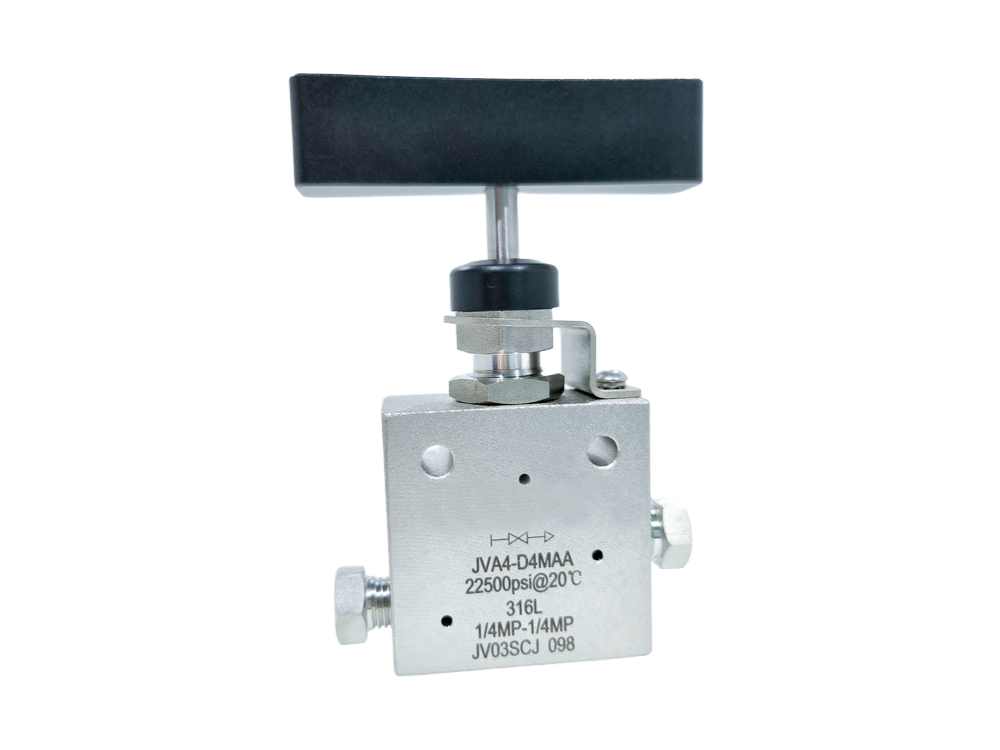
Hydrogen High-Pressure Shut-Off Valve: A Crucial Safety Component
One of Wingoil’s core offerings within its hydrogen solution suite is the hydrogen high-pressure shut-off valve. This valve plays an indispensable role in ensuring safety within hydrogen systems. Its primary function is to stop the flow of hydrogen gas in emergency situations rapidly. This helps prevent catastrophic accidents such as fires or explosions, protecting personnel, equipment, and the surrounding environment.
The hydrogen high-pressure shut-off valve finds application in various areas, including:
- Fuel Cell Systems: Hydrogen fuel cells are a clean and efficient technology that converts hydrogen gas into electricity. Wingoil’s shut-off valves help ensure safe operation by isolating the hydrogen supply in case of malfunctions.
- Hydrogen Storage Systems: Safe and reliable storage of hydrogen gas is essential for its effective utilization. These valves play a critical role in preventing the uncontrolled release of hydrogen during storage operations.
- Refueling Infrastructure: Hydrogen refueling stations for vehicles require robust safety measures. Wingoil’s shut-off valves can be integrated into these stations to guarantee a swift and safe shutoff of hydrogen flow in case of emergencies.
Design Considerations for Wingoil’s Hydrogen High-Pressure Shut-Off Valve
For optimal performance in hydrogen applications, Wingoil’s high-pressure shut-off valve incorporates several key design considerations:
- Material Selection for Corrosion Resistance: Hydrogen gas can be corrosive to certain materials. To ensure long-term reliability and safety, Wingoil likely utilizes high-grade stainless steel or other corrosion-resistant materials in the valve’s construction.
- Durability for High-Pressure Environments: Hydrogen is often stored and transported at high pressures. The valve’s design prioritizes durability to withstand these demanding conditions. This likely involves features like a metal-to-metal seal for a secure and leak-proof operation.
- Additional Safety Features: Wingoil’s shut-off valve may incorporate additional safety features to enhance its effectiveness. These features could include a non-rotating valve head, which minimizes wear and tear, and packing located away from the corrosive hydrogen media to extend the valve’s lifespan.
It’s important to note that although the specific details of Wingoil’s hydrogen high-pressure shut-off valve design might not be readily available on their website, you can contact them for the equipment details. Of course, the focus on corrosion resistance, durability, and additional safety features aligns with the critical requirements that match such valves in hydrogen applications.
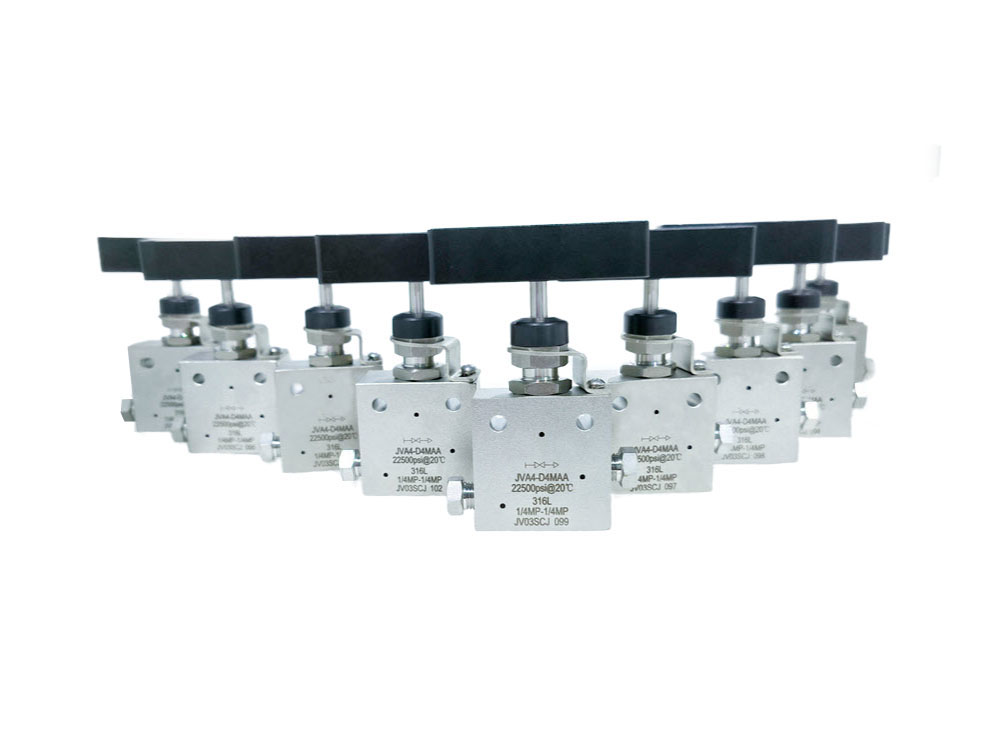
Conclusion
Wingoil’s commitment to clean energy solutions is a powerful testament to their dedication to a sustainable future. By offering a comprehensive range of hydrogen equipment and services, they are empowering various stakeholders within the clean energy sector. With its focus on innovation and collaboration, Wingoil is well-positioned to play a leading role in the transition towards a cleaner and more sustainable energy future.

